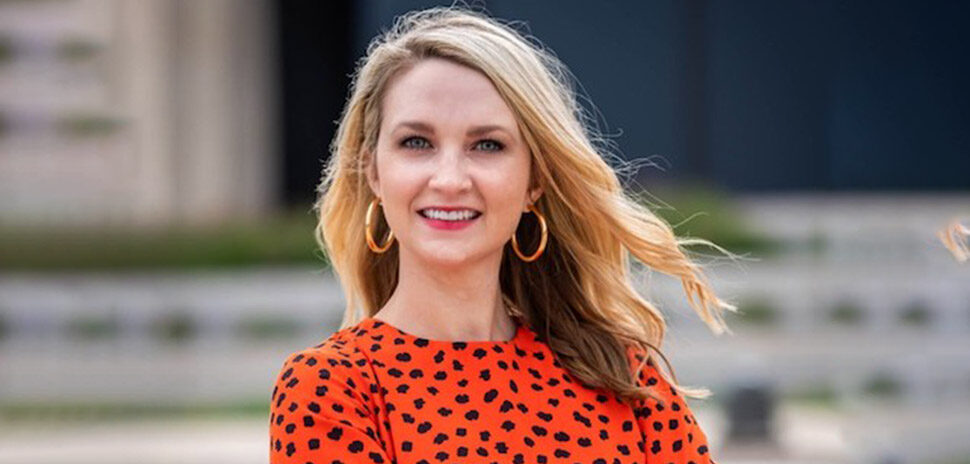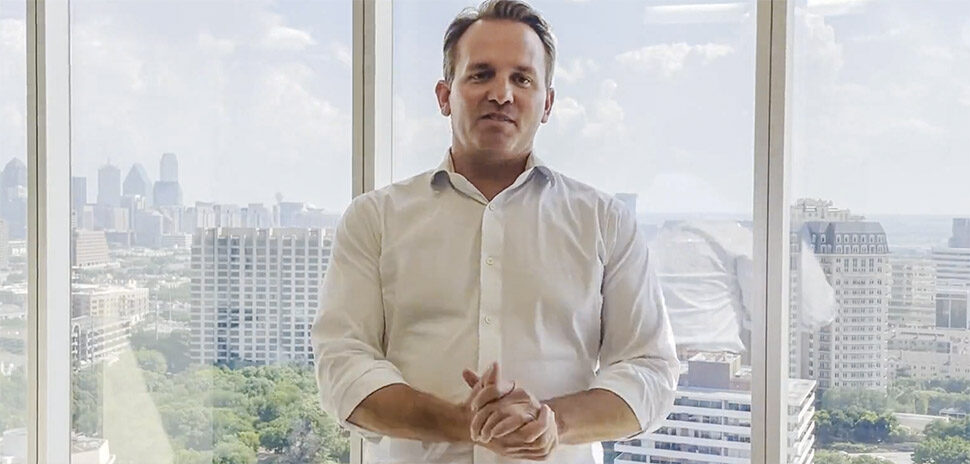Our lives are filled with relationships. What motivates us to develop new ones or maintain pre-existing ones? Based on my experience, I believe it all boils down to mutual trust, benefit, and effort. I found these characteristics apply in personal and professional contexts.
As I build relationships with startups in my business development role, I’m often struck by the similarities with dating. Both situations involve a courtship period to decide whether or not you want to make a binding commitment. The dating process can be fun, frustrating, fruitful, or even futile. Here are a few of my personal tips for startups on how to master the world of corporate dating.
As I build relationships with startups in my business development role, I’m often struck by the similarities with dating. Both situations involve a courtship period to decide whether or not you want to make a binding commitment.
Don’t be intimidated by the other person.
Whether I’m in San Francisco, London, or Dallas, I find that every city has a tightknit startup community. I always try to attend a local meetup or networking event when I’m on a business trip. I love meeting entrepreneurs but I can never fully shed the nerves that creep over me when I walk into a room full of new faces. I look around, and it’s usually full of co-founders talking to their other startup buddies. I get flashbacks of being the new kid in school trying to find the nerve to talk to the smart, cool kids.
Startups are often surprised by this confession because they assume it’s the reverse scenario. They’re the startup person building up the nerve to talk to the industry “big guys.” Startups may assume that large corporations don’t have the time or interest for the “little guys.” I’m here to tell you right now: it’s not true! We love your fresh perspectives and nibble infrastructure. We’re all in the travel tech ecosystem together, so let’s work past those misconceptions and approach each other. It’s the only way to find out whether we’re a compatible match.
Make sure you share the same goals and values.
So you broke the ice and started talking. If the initial dialog goes well, you exchange numbers, I mean business cards. Or perhaps you met online via LinkedIn or Twitter. Either way, you follow up and plan your first official date to really get to know each other. It’s important to gauge your mutual goals and interests from the very beginning. Are you looking for a causal relationship (e.g. unofficial mentor/adviser) or life partner (e.g. API provider or customer)? Do you share the same business values or culture? If not, it’s a potential sign that neither party should invest more time or resources—both variables are a scarcity for a company of any size. It’ll save a lot of heartache further down the road.
So you broke the ice and started talking. If the initial dialog goes well, you exchange numbers, I mean business cards.
Lead with your strengths. It’s okay to brag a little.
As I mentioned in my previous blog, part of the beauty of travel entrepreneurship is that there are no prerequisites. However, if you do have industry experience, you should share that information along with anything else that highlights your unique strengths. If you successfully built and sold other companies, I want to hear about it! If you have solid investor partners, I want to know about it, too! It’s all positive indicators that strengthen your credibility and make me want to, in the famous words of Beyoncé, “put a ring on it.” Prior to entering a commercial agreement, I weigh several variables which include but are not limited to a startups’ value proposition, business model (e.g. scalability), founding team and advisers (e.g. skills & dynamics), startup experience (e.g. roles, exits, etc.), and financial solvency.
Be persistent but know when to walk away.
Your relationship may be going smoothly when unforeseen circumstances (e.g. priority or personnel changes, resource constraints, etc.) derail your progress. Be patient and follow up. The dust will settle eventually so make sure you’re top of mind because no one else will fight for your cause better than you. However, prepare a contingency plan in case the derailment is permanent (e.g. bankruptcy) or it alters the goal and values alignment I mentioned earlier.
Regardless the outcome of a particular date or relationship, it’s a unique opportunity to learn from both the positive and negative.
Regardless the outcome of a particular date or relationship, it’s a unique opportunity to learn from both the positive and negative. I hope these tips offer a helpful, inside look into the mind of corporate business development. Good luck and please feel free to ask me questions on Twitter @Stephanie_Y_Lee. Cheers to your happily ever after!
Stay tuned for my next blog post where I take a deeper dive into the variables of consideration for a startup commercial agreement.
For a daily dose of what’s new and next in Dallas-Fort Worth innovation, subscribe to our Dallas Innovates e-newsletter.





























